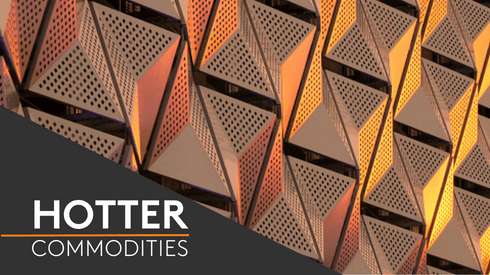The United Services Union (Ver.di), which represents the port workers, said on Wednesday June 22 that negotiations with the Association of German Seaport Companies (ZDS), on a collective wage agreement for around 12,000 employees at German seaports, had failed.
The union called on several thousand employees in the seaports of Emden, Bremerhaven, Bremen, Brake, Wilhelmshaven and Hamburg for a 24-hour warning strike to being on the morning of June 23.
The strike would run from 6:00am on Thursday to 6:00am on June 24 (German time).
“The offer made by the employers in the fourth round of negotiations is totally inadequate. It has not brought any substantial improvement to the previous offer, but turned out to be a classic deceptive package,” Ver.di negotiator Maya Schwiegershausen-Güth said.
“It is unacceptable that employers want to leave employees largely alone with the effects of rapidly increasing prices,” Schwiegershausen-Güth added. “The employees have worked to the limit in recent years and kept the supply chains together. They deserve real recognition and their fair share.”
The trade union was seeking higher wages for employees at 58 collective-bargaining companies in the regions of Lower Saxony, Bremen and Hamburg, as well as inflation compensation, plus an increase in the annual allowance for full container operations of €1,200 ($1,264) and a specified term for the collective agreement of 12 months.
Logistics company Maersk issued a notice to its customers about the strike. “At this stage,” it said, “Maersk will absorb a full stoppage for rail, road and ocean freight for both import and export across our German terminals for the duration of the strike.”
The company planned to return to business as usual from 6:00am on June 24, it said.
“Following the conclusion of the strike, we will assess the effect of the stoppage and will communicate any necessary service changes with you as soon as possible,” it told its clients.
Logistics give support to premiums
This disruption added to the mound of logistical problems facing participants in the European market, with disruption not just at ports but also with other forms of transportation.
“Logistics have been [badly disrupted] all year,” a trader said. “We are just fighting [one issue after another] constantly and I don’t think the situation is getting any better. I’m sure we will see more strikes across Europe.”
In recent months, a trucking shortage and other logistics problems at the Port of Rotterdam have pushed base metals premiums higher across Europe.
For aluminium, premiums have dropped from all-time highs. But despite weaker demand, the logistics issues were keeping premiums elevated.
Fastmarkets assessed the aluminium P1020A premium, in-whs dp Rotterdam, at $575-605 per tonne on June 21, down from $575-610 per tonne one week earlier. By comparison, in June 2021, the premium averaged just $251.39 per tonne.
Staff shortages and long wait times at Rotterdam’s port meant that market participants were diverting their ships to other ports in Europe.
“We were told not to bring things into Rotterdam until after the summer, so we have diverted ships elsewhere, but it is difficult because there are delays and issues everywhere,” a second trader said.
“Italy does not have the same backlog as Germany. Metal is getting unloaded and there is a bit more flow. The Hamburg port strikes are a bit of a hiccup,” a third trader said.
But market participants told Fastmarkets that they were concerned that the strikes were also affecting road freight in the region.
“Trucking is at such a low capacity, and we are getting cancellations at the very last minute. Sorting out a schedule is a nightmare,” a producer said.
In Germany, aluminium billet premiums have also begun to fall from all-time highs due to weaker demand. But with billet premiums being priced on a delivered duty-paid basis, the logistics issues were keeping the duty element of the premium high.
Fastmarkets last assessed the aluminium 6063 extrusion billet premium, ddp North Germany (Ruhr region), at $1,400-1,500 per tonne on June 17, down from the all-time high of $1,500-1,600 per tonne earlier this year, most recently on April 29.





